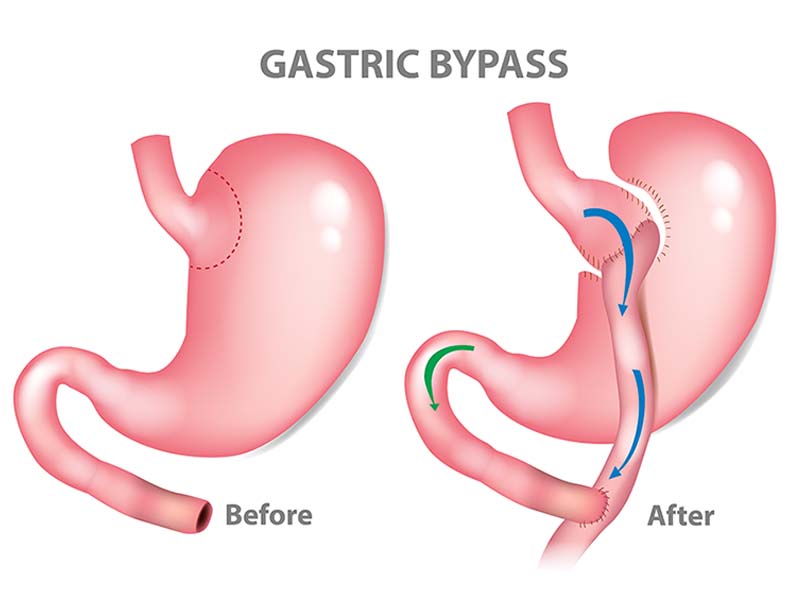Gastric bypass surgery is a bariatric procedure that changes how your stomach and small intestine handle the food you eat. This operation reduces the size of your stomach, and it also reroutes part of your digestive system. Because the procedure alters the digestive process, understanding what it entails is a key part of the decision-making process. Here are some typical myths and facts about this type of surgery:
Myth: It’s a Quick Fix
Gastric bypass surgery is not an immediate solution, nor is it a simple procedure without follow-up. While the operation itself has a set duration, the recovery and adjustment period extends long after you leave the hospital. Proper long-term management of your health begins after the surgical date.
This medical procedure should be part of a larger, ongoing health strategy to be more effective. The surgery creates a physical tool to assist with weight loss, but the patient must learn to use it effectively. Success is tied to many factors that extend beyond the operating room.
Many people believe weight loss is automatic after the operation, but this is a typical misconception. Since the body needs time to heal and must adapt to its new digestive structure, it is important to allow it sufficient time for these processes. Patients follow a specific dietary progression that gradually reintroduces foods.
Fact: Success Requires Lifestyle Changes
The procedure physically limits how much food you can consume at once, so you will need to adjust your eating habits accordingly. For the body to get adequate nutrition from smaller portions, food choices must be deliberate and nutrient-dense. New dietary patterns are a foundation of post-operative life.
Adjustments extend beyond diet to include a structured physical activity regimen. A consistent exercise routine supports overall wellness and becomes a non-negotiable part of your daily schedule. This commitment to an active lifestyle works in tandem with the surgical changes to your body. This holistic approach is designed to lead to long-term success, and it enhances both physical health and mental well-being.
Myth: Surgery Has High Risks
While all surgical procedures have some level of risk, people may overestimate the dangers associated with gastric bypass. For some people, concerns may involve the possibility of severe adverse outcomes. The following are typically cited as areas of concern:
- Anesthesia reactions
- Post-operative infections
These concerns are typically minimal compared to those of more intensive procedures. A detailed discussion with a surgeon will provide a more realistic risk assessment, which helps place these potential issues into a clearer perspective.
Fact: Techniques Minimize Complications
Modern surgical methods are designed to reduce patient risk. Laparoscopic techniques, which involve smaller incisions and specialized instruments, are now standard for this operation. These advancements contribute to shorter hospital stays and faster recovery periods for many patients. These innovations have significantly improved patient outcomes, making the procedure both safer and more effective.
Schedule Gastric Bypass Surgery Today
Making an informed choice begins with getting accurate information from a qualified professional. A consultation allows you to ask specific questions while you receive details tailored to your personal health profile. Schedule a meeting with our surgical team to discuss the gastric bypass procedure.





